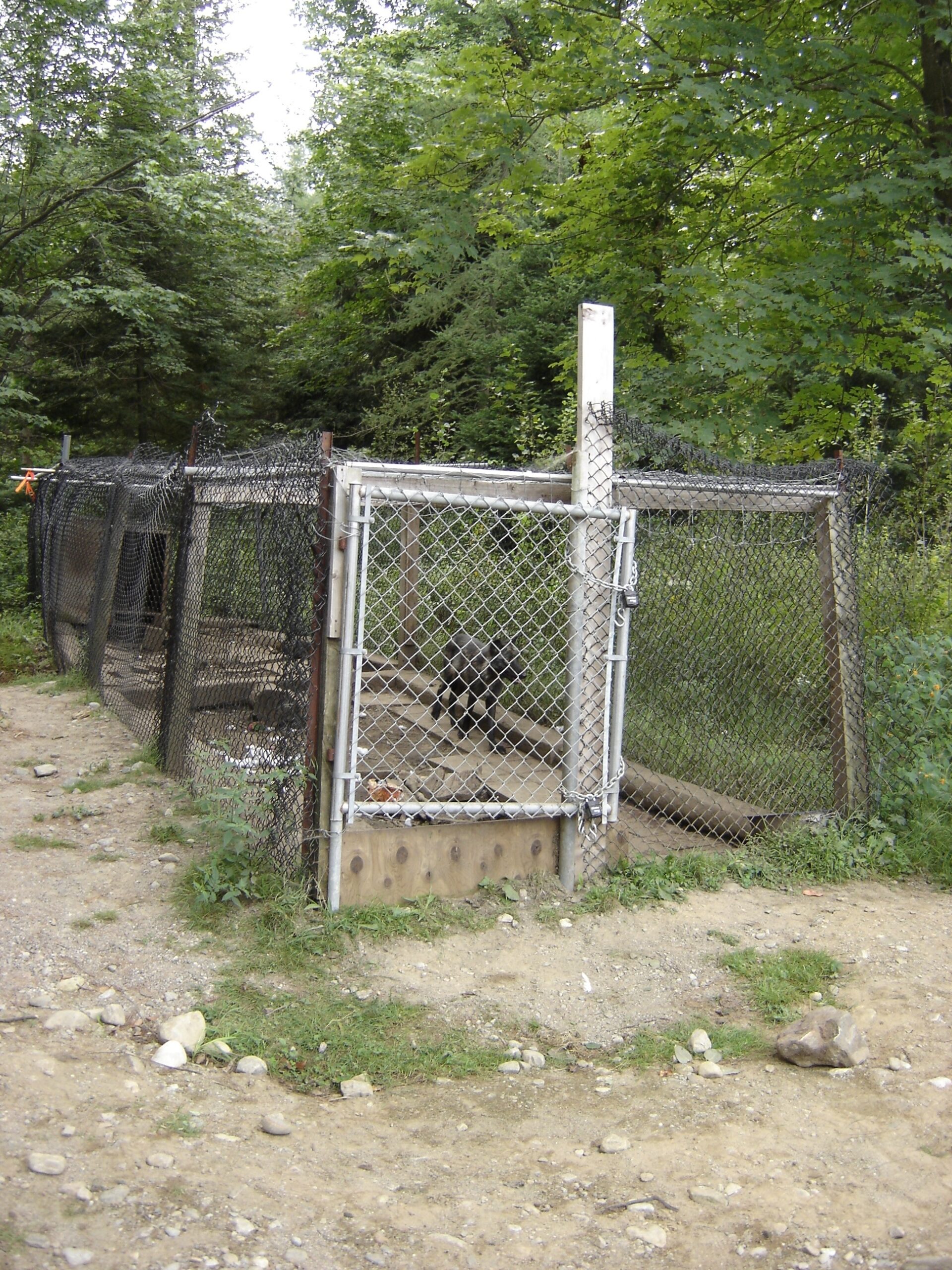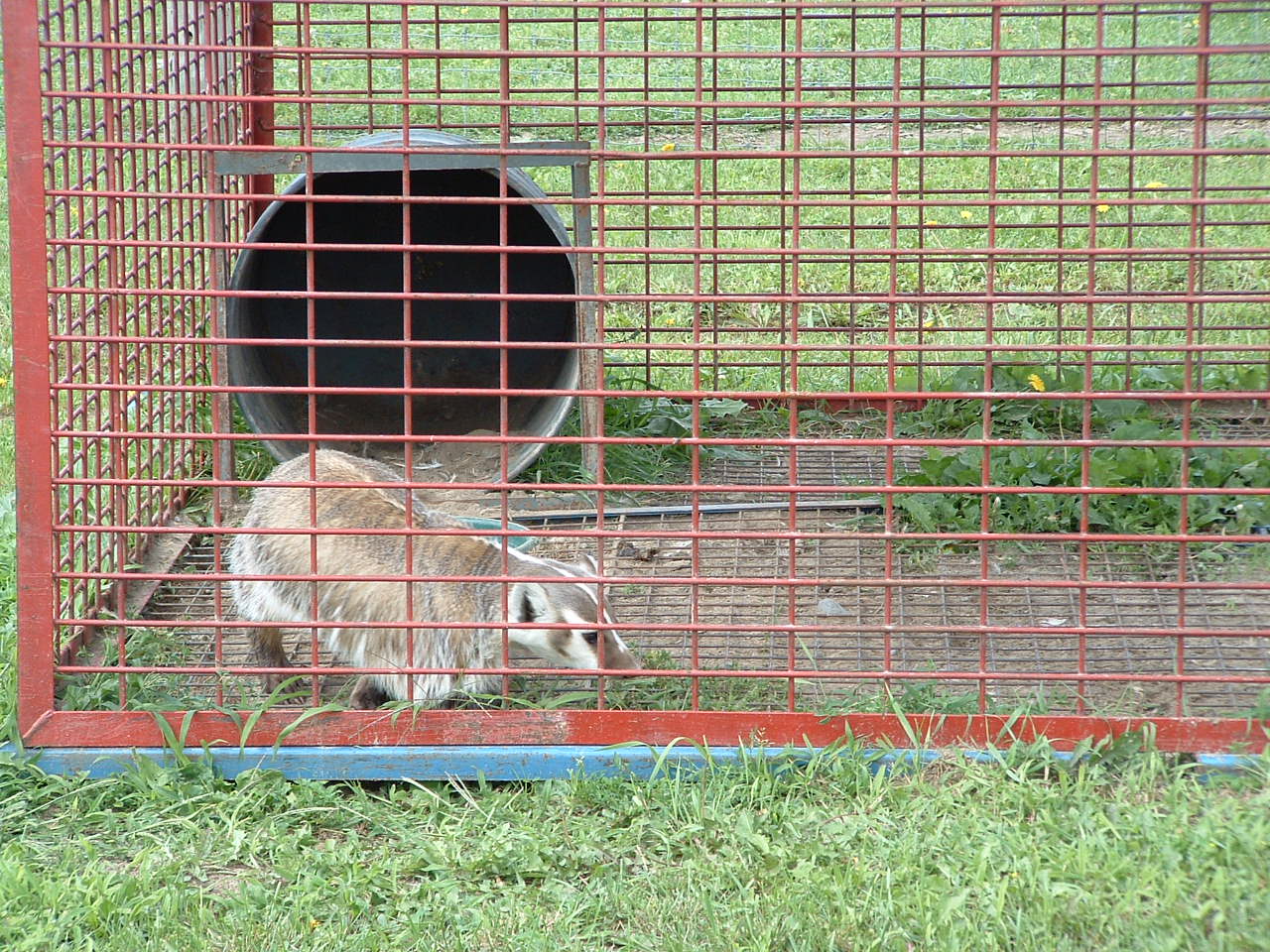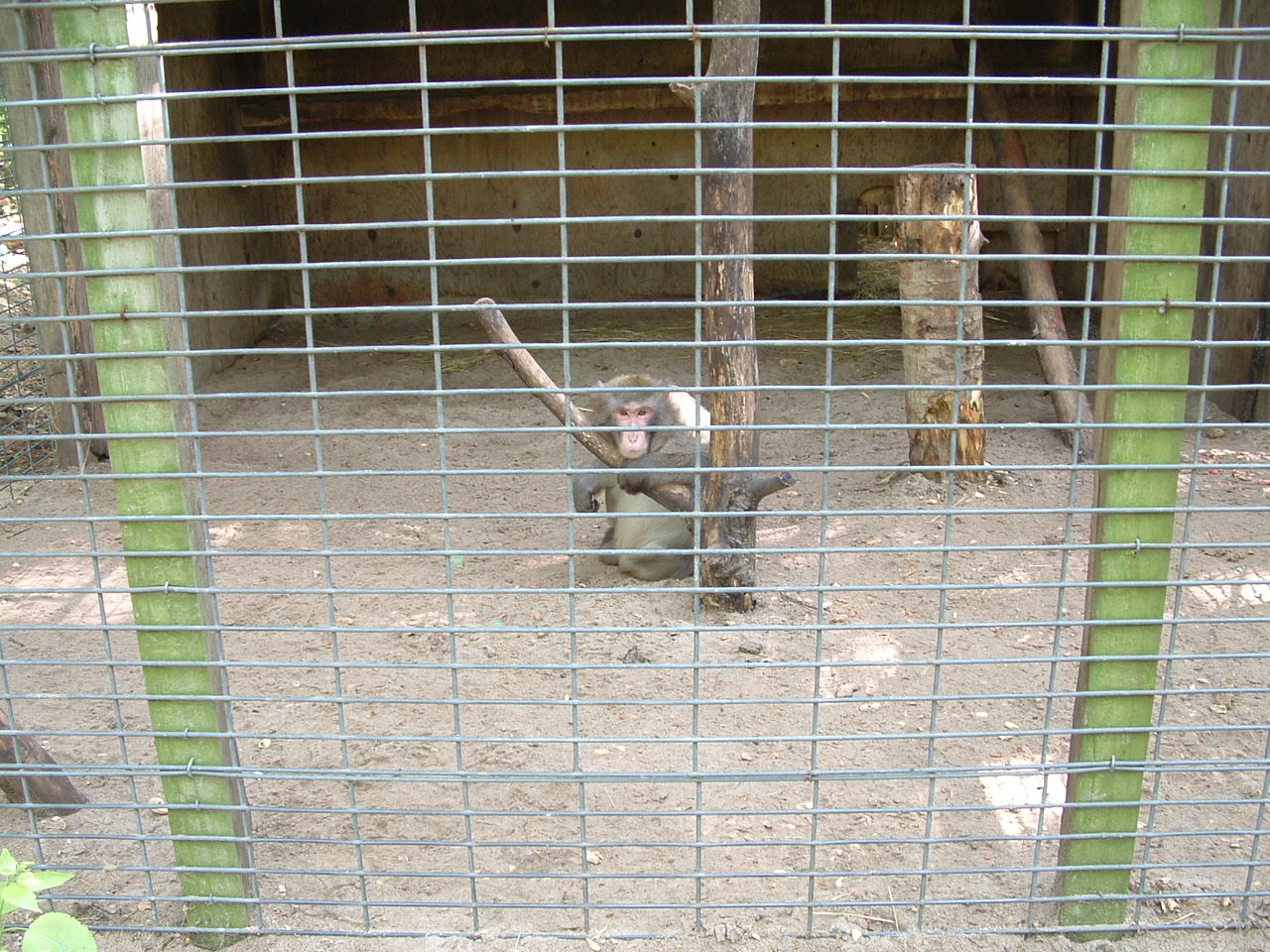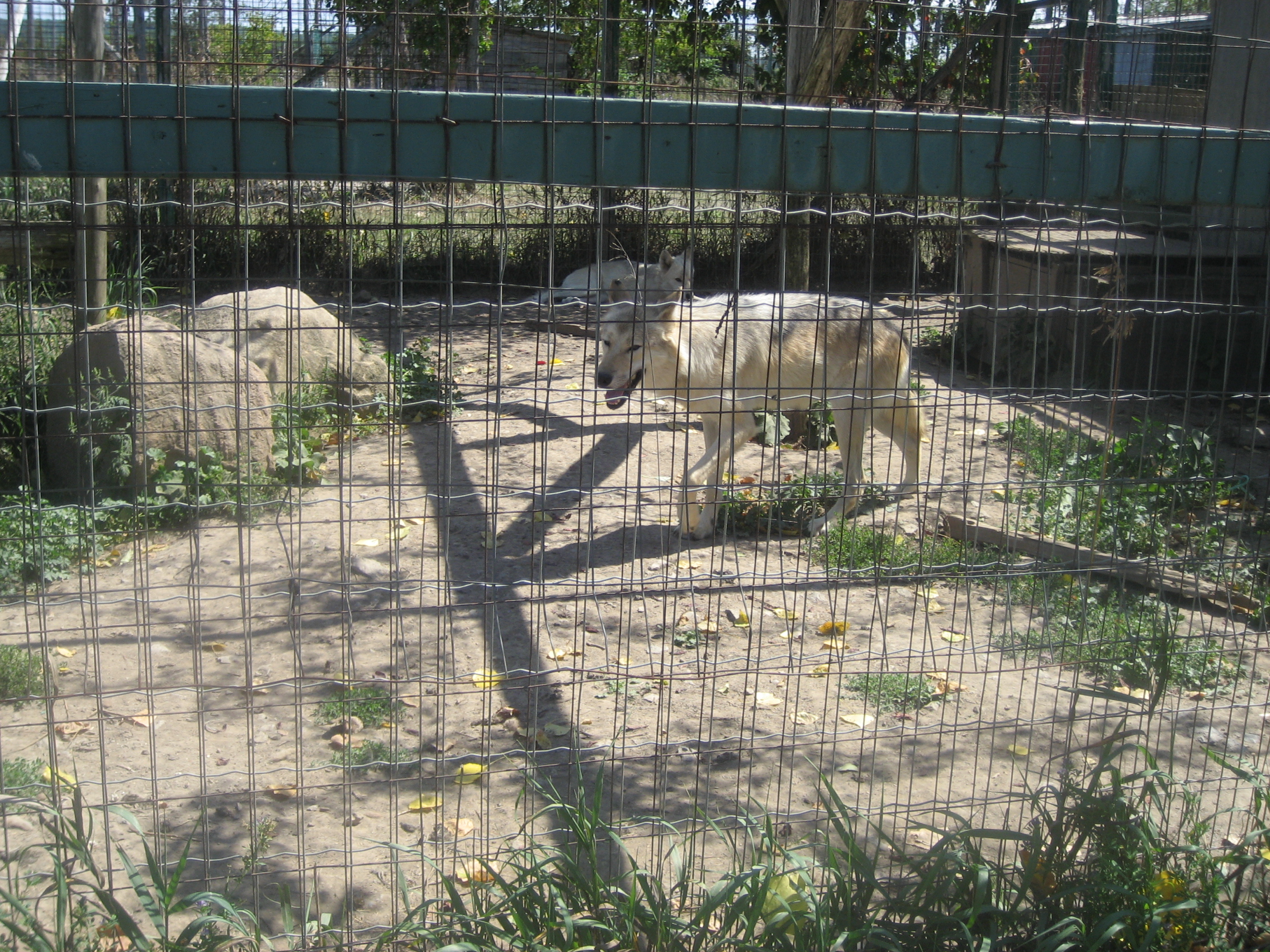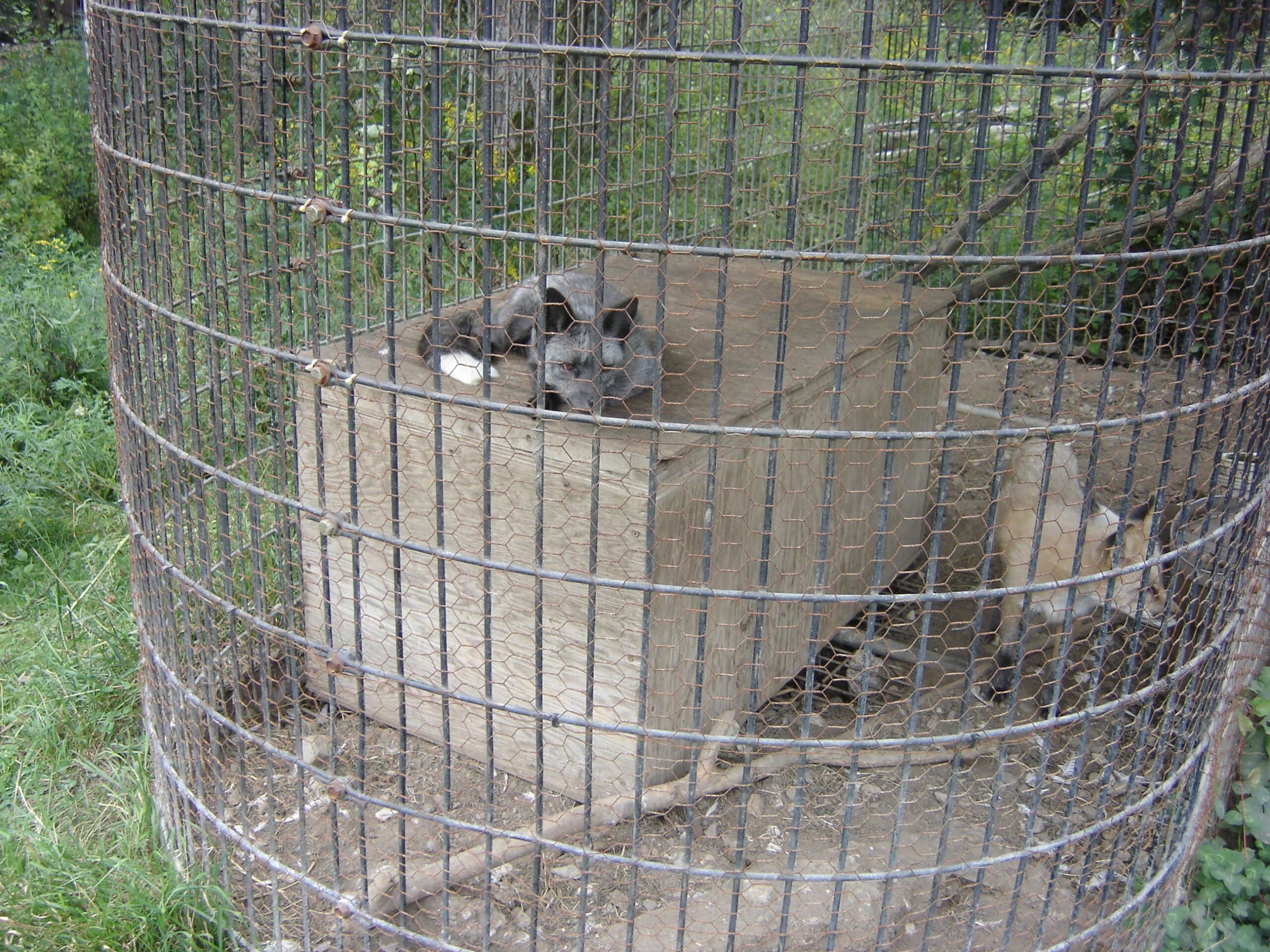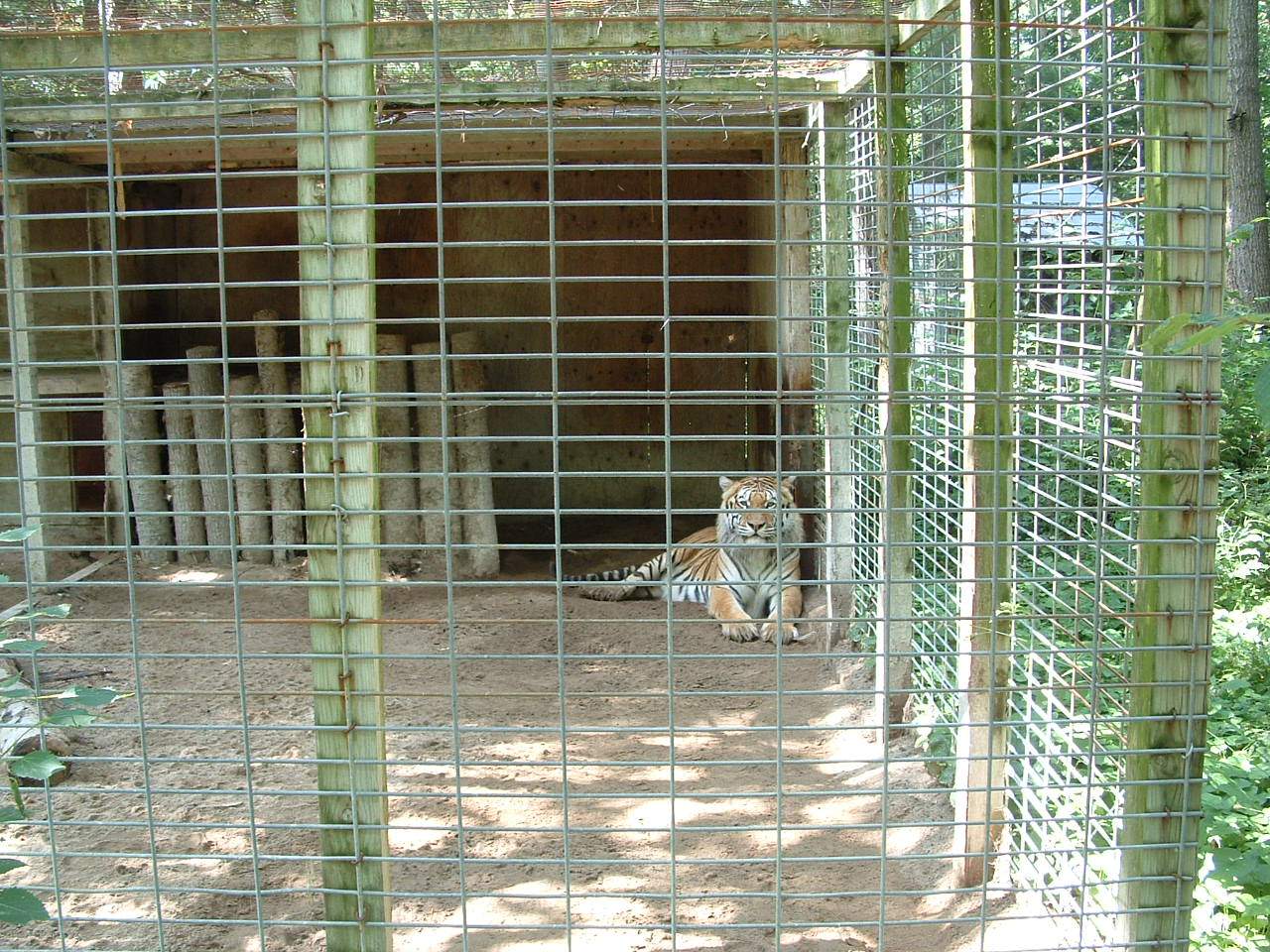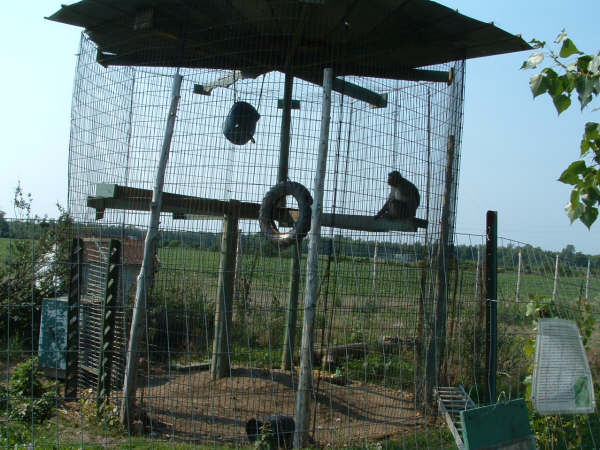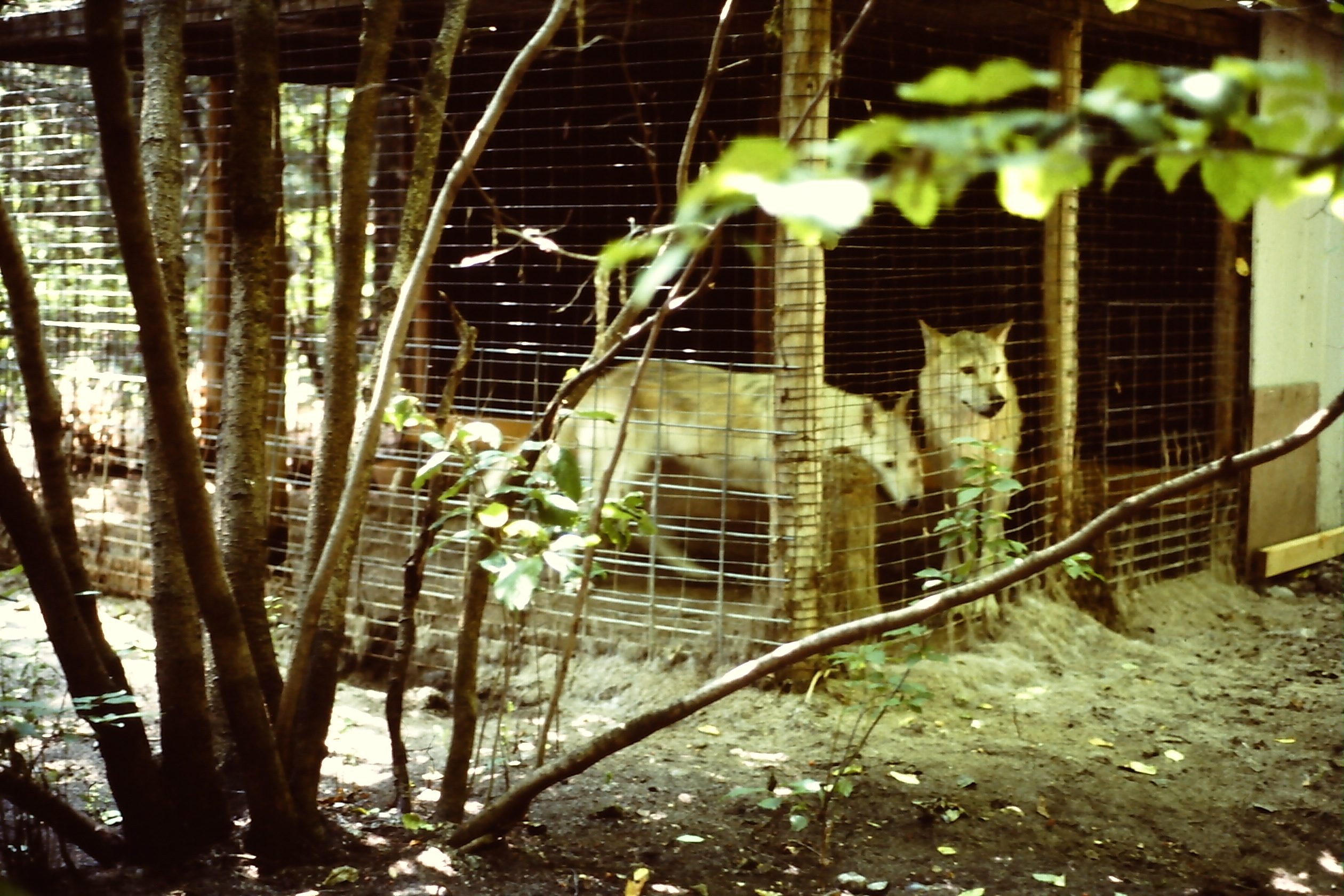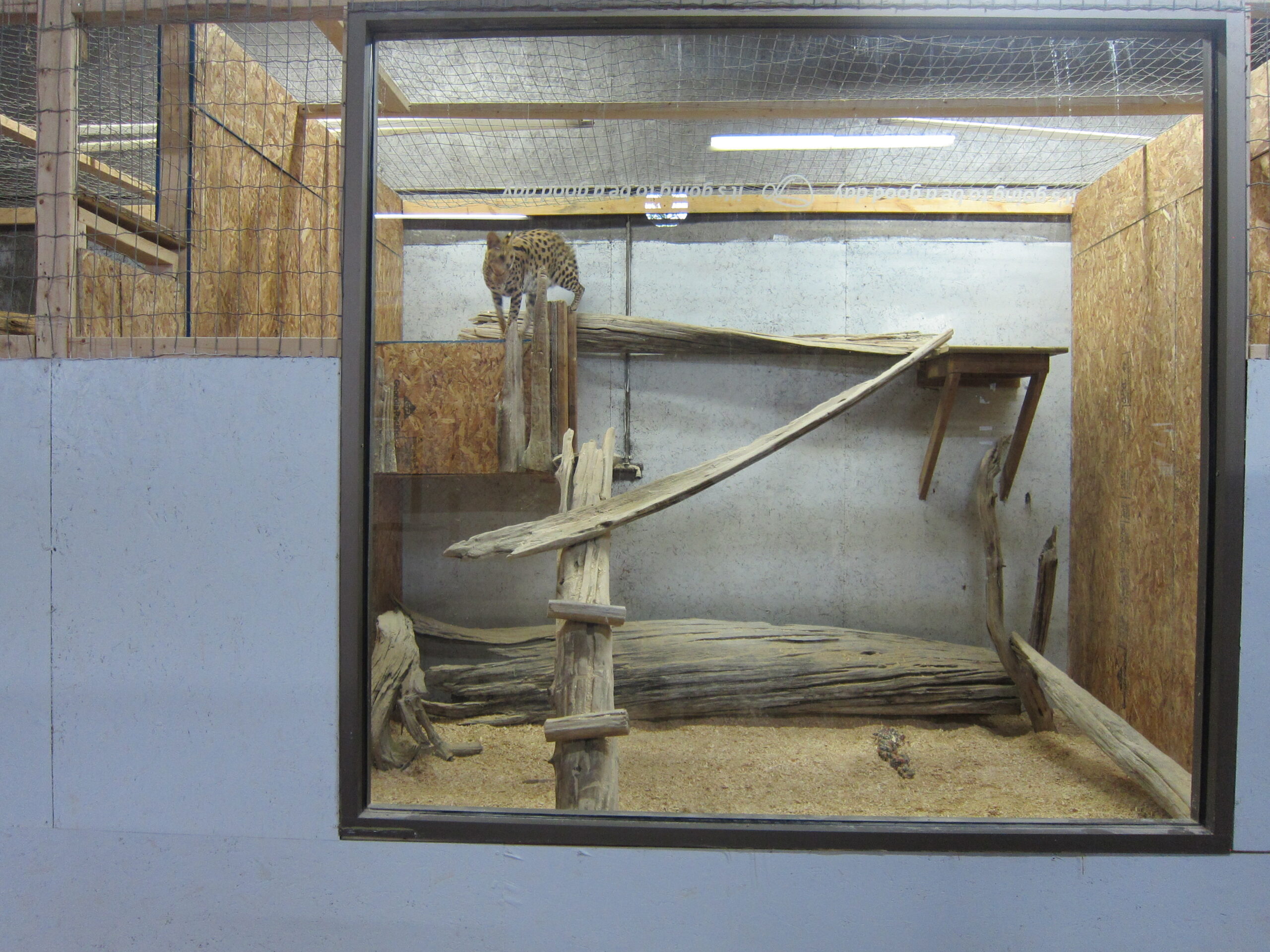Roadside zoos are typically small, privately-owned zoos, animal menageries or zoo-type exhibits that keep wild animals for public display and entertainment.
They are called “roadside zoos” because most are located in rural areas alongside major regional roads and highways in the hope that tourists and passersby will stop to see the animals.
In the past, roadside zoos were common throughout Canada but today the majority of them are found in Ontario. Close to 50% of the estimated 150 permanent wildlife display facilities in Canada could be characterized as roadside zoos.
The largest number of roadside zoos exist in Ontario because, unlike other provinces, Ontario does not regulate zoos or the keeping of exotic wildlife in captivity. There is no license or permit required to operate a zoo or to keep exotic animals, zoo operators and animal keepers are not required to have relevant formal education or professional experience with exotic animals or the financial wherewithal to keep them properly, no comprehensive mandatory standards for animal housing, husbandry, care or safety must be satisfied and, once someone does set up a zoo or acquire exotic animals, there is virtually no official oversight by government authorities. This lack of regulation has led officials in other jurisdictions to refer to Ontario as “the wild west of exotic animals.”
What makes this situation even more problematic is the easy availability of exotic wild animals and the fact that many are very cheap to purchase. Throughout the years Zoocheck has encountered lions and tigers for sale for as little as $100 and a huge range of other exotic animals, ranging from reptiles to zebras, for not a lot more.
Roadside zoos are typically operated by people who lack formal education in a relevant biological field, no experience working in reputable, recognized zoological facilities and no professional affiliations or credentials. Many just acquire animals, learn by trial and error and the animals suffer as a result.
Compounding this already bad situation is the fact that the majority of roadside zoo operators conduct their businesses on shoestring budgets, so they don’t have the funds required to provide acceptable conditions for the animals or improve them over time.
SUBSTANDARD HOUSING, CARE & ANIMAL WELFARE
Zoocheck has documented roadside zoo animals held in small, cheap, poorly-designed, ramshackle cages and enclosures devoid of anything to facilitate or encourage natural movements and behaviours. Living spaces often consist of nothing more than a small space, some rudimentary furnishings (or none at all ) and a shelter box.
Many animals are forced to spend their lives on inappropriate, uncomfortable, boring floor surfaces (such as concrete, hard-pan earth or wire mesh). Their living areas may have no privacy barriers that allow the animals to remove themselves from public view and they may not even be provided with adequate shelter from the elements, so many endure the heat of summer and the cold of winter. Some don’t survive.
Diet and food quality may also be poor and consist of whatever is free or cheapest to buy. Zoocheck has encountered animals being fed restaurant waste, expired supermarket meat and produce, roadkill and deadstock from farms. We’ve even seen cases where the cellophane packaging and other wrapping materials are not removed, so the animals end up eating them as well. Many animals have very specialized diets and methods of feeding, but those needs are often not understood or are ignored and hygiene may be poor with animals living in filthy cages with old food waste, garbage and dirty water bowls.
While physical health issues (e.g., illnesses, injuries, obesity, lack of fitness) are not uncommon and may not subject to veterinary treatment, significant numbers of animals in roadside zoos also experience poor psychological welfare. In almost every roadside zoo, you can find animals engaged in meaningless repetitive behaviours (e.g., pacing, rocking, circling, licking, pulling out fur) called stereotypies, other kinds of abnormal, often self-destructive behaviours or in states of perpetual idleness, because they have nothing to do. These conditions can be the result of chronically poor conditions and negative emotional states, such as boredom, frustration, anxiety, fear, anger, confusion, depression and sadness, that the animals have no relief from.
Human safety in roadside zoos is also a concern. Low fencing for dangerous animals, hazardous management practices, lack of public stand-off barriers to keep visitors away from the primary animal barriers, the absence of perimeter fencing around facilities and many other potentially dangerous situations are common and are a factor in the numerous animal escapes, human injuries and deaths that have occurred.
WHAT IS ZOOCHECK DOING?
- We are working across the country to close down existing roadside zoos in Ontario and elsewhere,
- We are working to stop new roadside zoos from opening across the country.
- We are exposing the erroneous claims of roadside zoos that they serve a valuable conservation and education role.
- We are working to establish new laws and/or to improve existing laws to protect the health and welfare of all wild animals in captivity,
- We are pushing for zoo industry reform and adoption of animal-welfare based exhibition and husbandry principles,
- We are promoting evidence-based (and precautionary) wildlife in captivity husbandry practices,
- We are challenging abusive and/or outdated (folklore) wildlife housing and husbandry practices.
WHAT HAS ZOOCHECK DONE?
- Supported and lobbied for 15+ proposed bills and other governmental initiatives in Ontario aimed at addressing exotic wildlife in captivity issues and problems.
- Conducted numerous reviews and produced more than 30 reports about roadside zoos and private wildlife menageries throughout Canada.
- Supported, provided input and lobbied for exotic wildlife in captivity legislation in various other provinces, including a 10 year initiative to establish zoo laws in Alberta.
- Conducted successful campaigns to prevent establishment of numerous new roadside zoos in Ontario.
- Successfully worked to close down several aging municipal zoos and wildlife displays and a number of roadside zoos.
- Conducted a broad range of public awareness activities, including local lectures, conferences, media events, public meetings and online webinars and seminars to raise profile of roadside zoo issues and to generate public concern and opposition to them.
- Organized training events for animal welfare and animal control enforcement professionals and others regarding exotic wildlife welfare and other relevant issues.
- Participated in hundreds of media interviews on roadside zoo and wildlife menagerie issues, including (and assisting with) numerous television, radio and online news magazine programs and documentary film productions.
TAKE ACTION!
- Learn the issues and make an informed decision about whether you want to support facilities/businesses featuring wild animals in captivity.
- Do not support roadside zoos or private wildlife menageries. If people don’t go, they won’t stay open for long.
- Never book a mobile zoo or animal entertainment business for an event and never attend one as a spectator.
- Make your family, friends and co-workers aware of the reality of wildlife in captivity.
- Write a letter-to-the-editor, so even more people are informed. Letters to the Editor are often the most read section of a newspaper.
- Make an informed decision about whether your child attends school field trips to wildlife captivity facilities. Inform your child’s school and your local school board about why you believe these businesses are not appropriate for school visits. Here are some humane suggestions for alternatives to visiting a Zoo.
- Read Wild Neighbours to learn about safety issues in roadside zoos.
- When traveling, avoid taking part in exploitive commercial activities, such as animal interactions, rides, selfie-photo ops, shows and other uses of animals.
- If you work in a zoo, wildlife display or zoo-type facility and don’t like what’s going on, consider becoming a whistleblower. Insiders have been instrumental in exposing and correcting neglect, cruelty and mistreatment.
TAKE ACTION ABOUT ONTARIO ZOOS – MAKE A COMPLAINT
If you encounter captive wild animals in need of immediate help, call the Ontario animal welfare hotline at 1-833-9-ANIMAL (264625). Note: The hotline is for verbal complaints only.
To submit reports, photographs and other evidence about a wildlife in captivity situation, contact the:
Ministry of the Solicitor General
18th Floor, 25 Grosvenor Street
Toronto ON, M7A 1Y6
PHONE: (416) 326-5000
ONLINE FORM: Feedback form Ministry of the Solicitor General
Copy your correspondence to zoocheck@zoocheck.com


